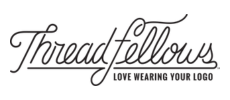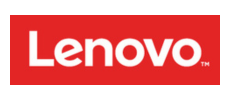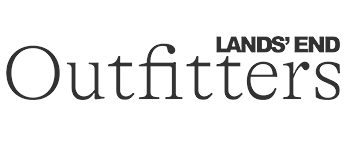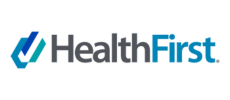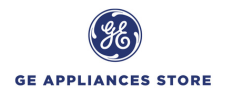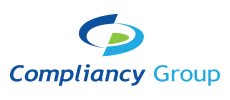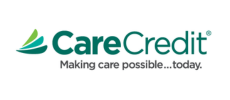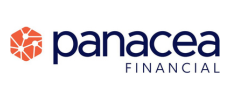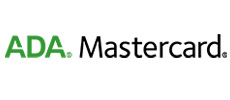USDOL Issues Five Employment Law Resources
The United States Department of Labor (USDOL) has issued five new employment law resources that can be read and accessed below.
Accessibility and Accommodations: A Policy Toolkit for Employers
Employers, we have a new resource to help make your workplace accessible and accommodating. Developed by USDOL’s Employer Assistance and Resource Network on Disability (EARN) and Job Accommodation Network (JAN), the comprehensive new Workplace Accommodation and Accessibility Policy Toolkit helps employers understand disability-related laws, explains why businesses should integrate their accommodations and accessibility programs, and offers sample language to help organizations develop supportive policies. This toolkit will help you foster success for all qualified workers, including employees with disabilities.
How Employers Can Help Prevent Suicide
| September is National Suicide Prevention Awareness Month—a reminder to do a mental health check and make sure you have supports in place. For employers, it’s a good time to evaluate relevant workplace policies to ensure that you’re maintaining a safe, mental health-friendly work environment. You can check out our Workplace Mental Health Toolkit for guidance. Keep in mind that employment—and a supportive workplace—can be protective of workers’ mental well-being. Coworkers, supervisors, and employee assistance programs may often be the first line of support for people with mental health conditions or those who are having thoughts of suicide. |
September Is National Recovery Month
| As many as 1 in 6 Americans reports experiencing a substance use disorder (SUD), but with the right treatment and support, recovery is possible. Employers can be a significant source of that support by offering effective workplace accommodations and access to recovery options that can save a person’s life. This National Recovery Month, check out EARN’s “Substance Use Disorder in the Workplace” page to learn more about creating a mental health-friendly, recovery-ready workplace. |
Expanding Employment Opportunities for Disabled Veterans
ODEP and the Veterans’ Employment and Training Service recently launched the Veterans Accommodations Toolkit to help increase employment opportunities and participation in apprenticeship programs for disabled American veterans. The toolkit offers guidance for enhancing workplace supports and accommodations and may be used by a wide audience, including disabled veterans, apprenticeship sponsors, employers, and workforce systems specialists.
Improving Access for Deaf and Hard of Hearing Job Seekers
More than 11 million people age 16 or older in the United States report being deaf or having serious difficulty hearing. Among those of working age, about 58% are currently employed. One fundamental way to improve employment outcomes for this community is to enhance communication. A new ODEP resource, “Improving Access for Deaf or Hard-of-Hearing Job Seekers: Tip Sheet for American Job Centers,” offers strategies to strengthen language access, increase service provider preparedness, and improve communication with customers who are deaf or hard of hearing.


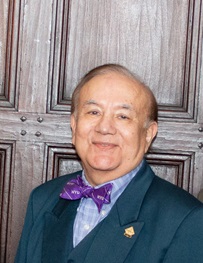
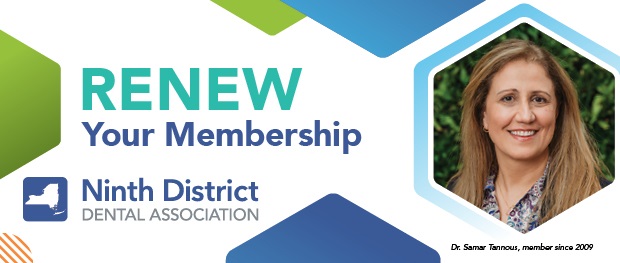
.tmb-rotator.png?Culture=en&sfvrsn=e3185440_1)
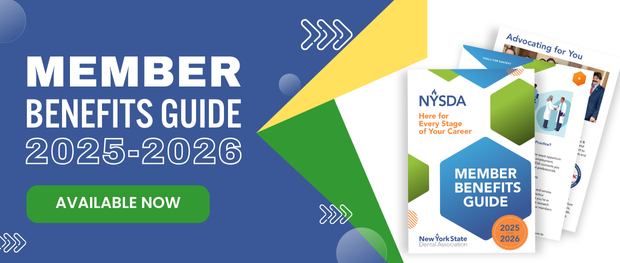
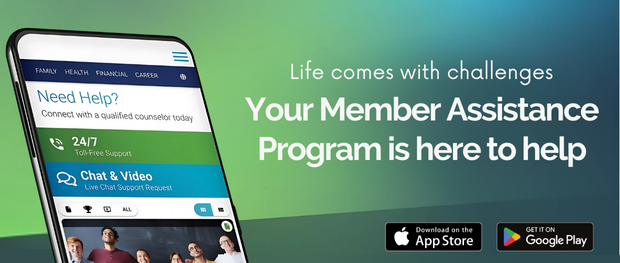

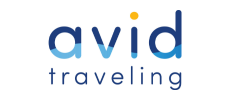
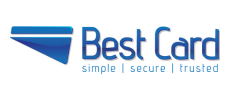
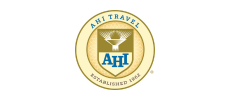
.png?sfvrsn=4447de7f_1)

